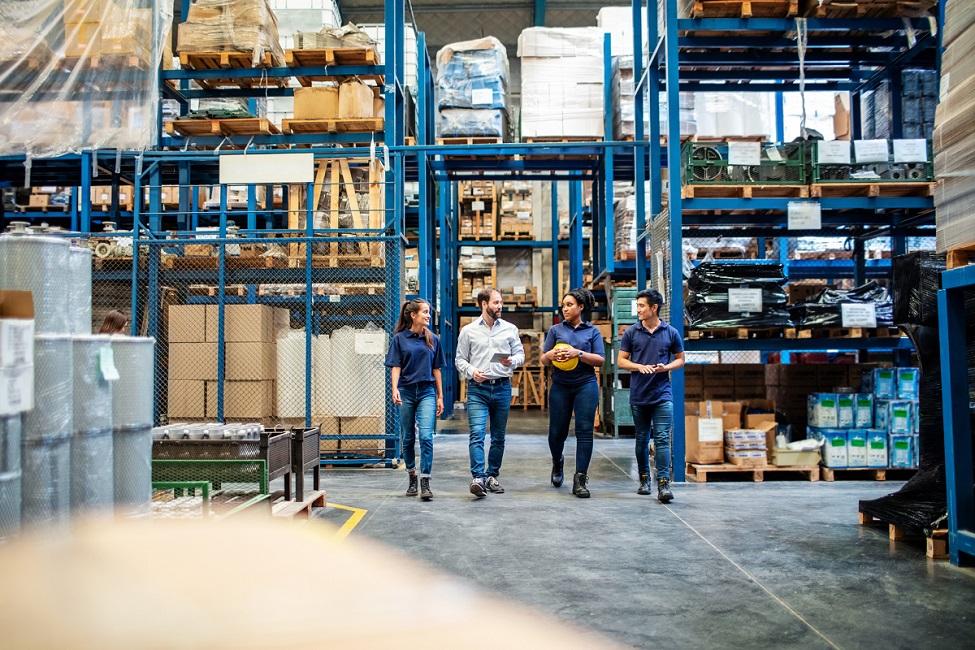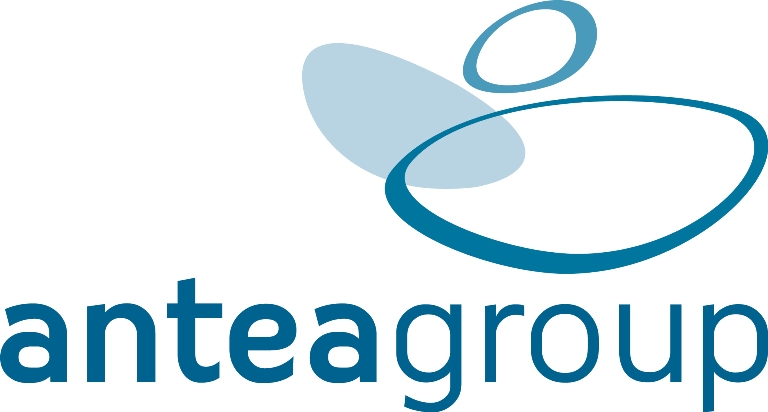Peer Collaboration Event: How to Exist in the Workplace - Moving Forward

Peer Collaboration Event: How to Exist in the Workplace - Moving Forward
On June 17, 2021, Antea Group lead a virtual peer collaboration event for clients and contacts within the Consumer and Industrial Goods (CIG) industry. The call’s agenda was focused on providing clarification and insights on how companies exist in the workplace as we continue to move forward in the COVID-19 pandemic.
We chose to have a call for clients with manufacturing operations as their return-to-work looks a little different. Many of their operations continued, uninterrupted, meaning employees may have been working this whole time. So, what do their operations look like moving forward as we navigate re-opening, vaccines, social distancing, and the broad array of policies and plans put in place to keep employees safe?
The call began with an educational presentation from Roberta Smith, experienced nurse, Industrial Hygienist, and Public Health Director. She covered important topics relating to vaccinations, HIPAA policies, mental health, and workplace safety considerations for returning to workplaces. The remainder of the call was dedicated to an in-depth discussion with our CIG peers on how they are tackling the challenges of returning to the workplace and navigating changing regulations.
Insights from Roberta Smith
Roberta kicked off the event with one very important reminder: the pandemic is NOT over! While vaccines and regulations have proven effective in decreasing the spread of COVID-19, it is likely that it will never be completely eradicated. The more likely scenario is that COVID-19 will follow seasonal trends, similar to influenza and other respiratory diseases. For this reason, certain workplace safety measures should be here to stay. Some of these safety measures include:
- Increased cleaning and disinfecting
- Indoor Air Quality (IAQ) and ventilation standards
- Adequate sick leave policies
- Monitoring high-risk areas (conference rooms, gyms, etc.)
Along with these safety measures, there are important considerations for the return-to-work process. Likely, the return will not be a sudden one, but rather a slow ease back into full-time in-office work. To help this transition run smoothly and help ensure employees’ safety and well-being, environmental, health, and safety (EHS) leaders should have plans for the following:
- Modified workspaces
- Exposure-response plans
- Business travel policies
- Customer and visitor contact protocols
- OSHA recordkeeping and reporting obligations
Roberta also highlighted some key clarifications in regard to the Health Insurance Portability and Accountability Act (HIPAA) policies and Equal Employment Opportunity Commission (EEOC) laws. There has been conflicting information circulating about whether employers can ask employees if they are vaccinated and if they can legally require employees to be vaccinated to return to in-person work. According to HIPAA, employers are allowed to ask employees if they are vaccinated, and similarly, EEOC laws do not prevent employers from requiring employees to be vaccinated in order to return to workplaces. However, employers must keep this information confidential, store health records separately from personnel files, and comply with all reasonable accommodations.
Vaccines, Testing, and Fewer Restrictions – Do You Have a Plan?
One of the toughest challenges that EHS leaders in the CIG industry are facing is how to keep up with the rapidly changing restrictions and regulations and how to accurately follow them. It seems like every day there is a new change in regulations. And not only are regulations changing quickly, but the nature of the regulations can be difficult to understand. Some attendees expressed their frustration with trying to determine what the State means with each update in regulations. This ambiguity only adds to the difficulty of ensuring COVID-19 compliance, as well as the ability to enforce rules and regulations.
Another major challenge comes with the decision to ask, or not to ask, employees if they are vaccinated and having them provide proof of vaccination. Many employers are offering incentives to employees who get vaccinated, and some are offering vaccines on-site. However, most attendees indicated they are relying on the “honor system” when it comes to asking employees if they are vaccinated. EHS leaders are still working to find a solution that allows employees a degree of trust while still maintaining a safe and healthy workplace.
One especially interesting note came from an employer who was providing a portal where employees could voluntarily upload their vaccination cards. While it is not a requirement, it gives the employer an easily downloadable report which can be beneficial in an OSHA inspection. With OSHA’s new National Emphasis Program on COVID-19, this could be a great added advantage.
Mental Health and Employee Retention
Across the board, manufacturing, supply chain, and warehousing operations have seen a shortage of employees. Throughout the pandemic, these positions have been difficult to fill and there are no signs of this letting up. With this being the case, employee retention is more important than ever. One of our attendees from Canada has found success in retaining employees by going above and beyond in creating a safe working environment. Showing employees that their health and well-being is a priority has greatly reduced the turnover rates. In addition, being transparent with employees and proactive with changing regulations has positively impacted mental health and well-being.
One of the biggest unexpected challenges EHS leaders are facing relates to mental health and COVID-19 fatigue. According to the Kaiser Family Foundation, more than 40% of adults have experienced symptoms of anxiety and depression over the course of the pandemic. Our attendees agreed that as an EHS professional, it is becoming a larger part of their role to help ease some of these feelings and provide a healthy workplace environment. Some of our attendees shared that they are encouraging employees to take advantage of the services they provide, such as counseling and mental well-being tools. Also, by having open conversations and addressing the difficulties that come with living in such a turbulent time, employees feel heard and less anxious. As employees make the transition back to working in-person or are adjusting to the changing regulations, there will be added stressors and anxieties that should be proactively addressed by employers. Whether you have employees who are beginning to return to offices or employees who never left, we’re all navigating the ever-changing restriction requirements, vaccines, etc. and one thing is clear; the health and safety of employees has never been so critical!
EHS Leaders are Seeing the Light at the End of the Tunnel
While the demands on EHS leaders are still high, many of the EHS leaders that attended the event feel that we are moving in a positive direction. They can see a light at the end of the tunnel. These EHS professionals feel that they will remain an important part of operations and their influences will remain strong even as the COVID-19 pandemic declines.
About Antea Group: Antea Group is an international engineering and environmental consulting firm specializing in full-service solutions in the fields of environment, infrastructure, urban planning, and water. By combining strategic thinking and multidisciplinary perspectives with technical expertise and pragmatic action, we do more than effectively solve client challenges; we deliver sustainable results for a better future. We serve clients ranging from global energy companies and manufacturers to national governments and local municipalities. Learn more at https://us.anteagroup.com.

